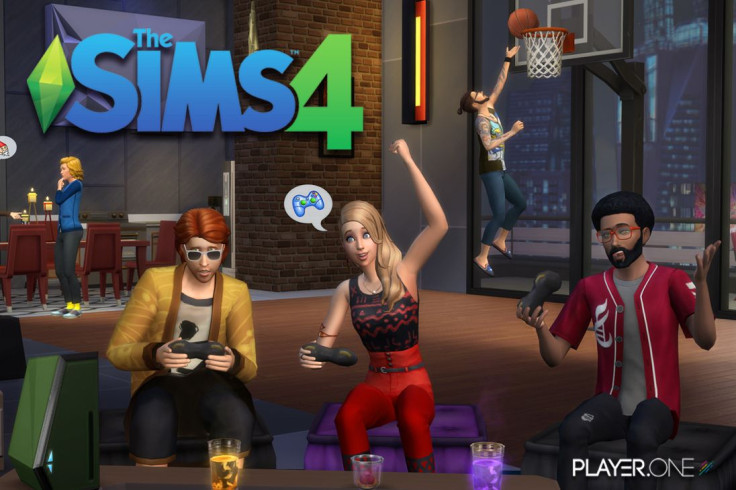In less than a month, Sims fans will have a choice: play The Sims 4 on PC or on Xbox/PS4. If you asked any Simmer this time last year, nobody would have expected a console version. The nonexistent release date became the subject of tons of wild rumors in 2015-- until Executive Producer Lyndsay Pearson said they were all unfounded.
“I want to clarify that we have no plans for a console version of The Sims 4 anytime in the near future,” she said in a tweet in July 2016. “Ignore the rumors.”
For the past two iterations of the game, a console release followed a little over a year later. There are good reasons why The Sims 4 took three. In our previous interview with Senior Producer Michael Duke about the intricacies of the development process, he made it clear the creative team took an entirely different approach in trying to replicate the PC version for console players. But for many, it’s still hard to understand why it all took so long. We asked Duke to give his insight into the decision making process.
Why did The Sims 4 take so long to develop for consoles?
Michael Duke: There’s a few factors that play into this. The first for us was when we first launched the game back in 2014, we had a lot of feedback from players. Not everyone was happy with where that game started. Something that we really wanted to do differently for The Sims 4 was really invest in that live service and listen to our players and make sure we were building what they were asking for. When we first launched, this wasn’t the priority. The priority was to build the PC game out and deliver on that player expectation and our promise to keep updating the game and listening to our players. That's where our studio development effort went.
You jump forward to more recent times, we feel like we’ve done a good job of showing our players that were are committed to it and we are going to keep giving out free updates to enrich the game. So we got to a point where we feel a little more comfortable and then it was really about finding the right partner. We didn’t want to pull the team away from the PC development to build this console game, so it was looking for a third party we could work with who we thought had the quality and could really deliver the experience we wanted to make. So once we found Blind Squirrel, it really clicked.
How long were you thinking about a console release?
MD: I think for a lot of us in the studio, the console is always a thing on our mind. It’s something Maxis has done in the past, we’ve brought previous games there. There’s always a debate. Has the market changed a little bit? Who is buying this generation of consoles? And do they want products like The Sims ? I think if you look at this generation, you are not seeing as many games that go to a broader demographic as we saw in the previous two generations. I think there is some question of, is it there? I think as we had more time and started to open up the possibility of, “Hey, the base is growing pretty big and we actually think there are a lot of Sims players that have access to a console.” We don't really comment on how long development takes, but I can say that SimGuruLyndsay is not a liar.
Where did you start?
MD: Getting the first one in place and working took some time. We focused ourself on build/buy mode first, actually. That was the most complicated tool in our game to remap controls for. We had an idea of how we wanted Create-A-Sim to work and we felt pretty good about how that control scheme was going to work. We had seen things like it in other games, so we at least had some concept. You don't really run into to much on consoles that try and do what build mode does. That was a very daunting mode. We tackled that to kind of prove out the concept. Yes, we can build a control scheme that can still function with this UI. After that, it immediately jumped to, “Can live mode feel good? Can I do what I want to do as quickly as I want to to do it?”
We quickly ran into rethinking our camera and reassessing what are the most common buttons. What would you actually want a shortcut to do and what would you not want? The reality is, the key to this has been iteration. Right now we are on probably our sixth or seventh iteration of controls. What people played at Sims Camp or Gamescom is not final. It’s where we were and I still keep bringing people into test and keep watching what happens and I go back and talk with the design team and the UX designers and talk about the problems people are still hitting.
For more on the development process, check out our previous interview with Micahel Duke where he talks about choosing between indirect and direct controls. The Sims 4 releases for consoles Nov. 17.


















